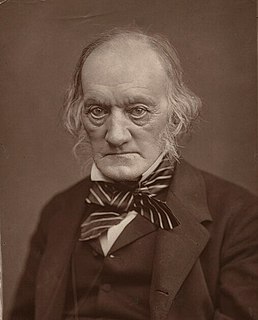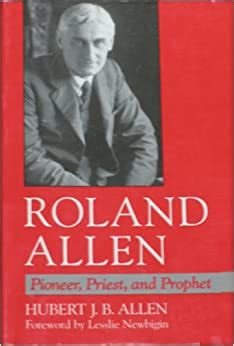A Quote by George Eliot
It is time the clergy are told that thinking men, after a close examination of that doctrine, pronounce it to be subversive of true moral development and, therefore, positively noxious.
Related Quotes
The objections to religion are of two sorts - intellectual and moral. The intellectual objection is that there is no reason to suppose any religion true; the moral objection is that religious precepts date from a time when men were more cruel than they are and therefore tend to perpetuate inhumanities which the moral conscience of the age would otherwise outgrow.
As I conceive this doctrine to be a gross misrepresentation of the character and moral government of God, and to affect many other articles in the scheme of Christianity, greatly disfiguring and depraving it; I shall show, ... that it has no countenance whatever in reason, or the Scriptures; and, therefore, that the whole doctrine of atonement, with every modification of it, has been a departure from the primitive and genuine doctrine of Christianity.
Men are not therefore put to death, or punished for that their theft proceedeth from election; but because it was noxious and contrary to men's preservation, and the punishment conducing to the preservation of the rest, inasmuch as to punish those that do voluntary hurt, and none else, frameth and maketh men's wills such as men would have them.
Christianity without the cross is nothing. The cross was the fitting close of a life of rejection, scorn and defeat. But in no true sense have these things ceased or changed. Jesus is still He whom man despiseth, and the rejected of men. The world has never admired Jesus, for moral courage is yet needed in every one of its high places by him who would "confess" Christ. The "offense" of the cross, therefore, has led men in all ages to endeavor to be rid of it, and to deny that it is the power of God in the world.
There can be, therefore, no true education without moral culture, and no true moral culture without Christianity. The very power of the teacher in the school-room is either moral or it is a degrading force. But he can show the child no other moral basis for it than the Bible. Hence my argument is as perfect as clear. The teacher must be Christian. But the American Commonwealth has promised to have no religious character. Then it cannot be teacher.
The laws of Coexistence;-the adaptation of structure to function; and to a certain extent the elucidation of natural affinities may be legitimately founded upon the examination of fully developed species;-But to obtain an insight into the laws of development,-the signification or bedeutung, of the parts of an animal body demands a patient examination of the successive stages of their development, in every group of Animals.
Believe nothing, O monks, just because you have been told it, or it is commonly believed, or because it is traditional or because you yourselves have imagined it. Do not believe what your teacher tells you merely out of respect for the teacher. But whatsoever, after due examination and analysis, you find to be conducive to the good, the benefit, the welfare of all beings - that doctrine believe and cling to and take as your guide.





































